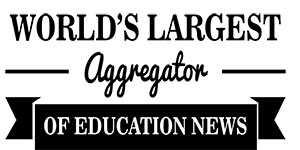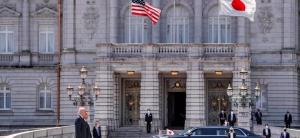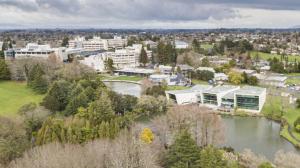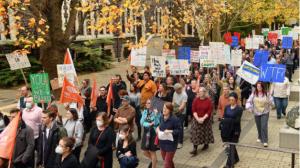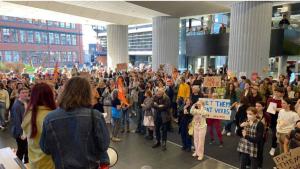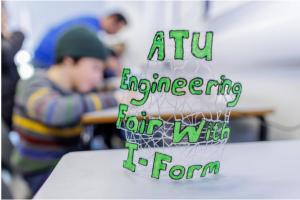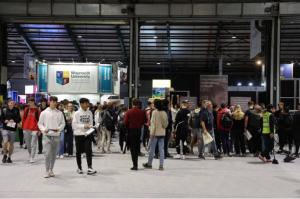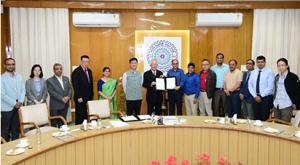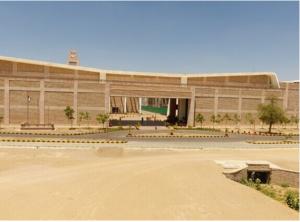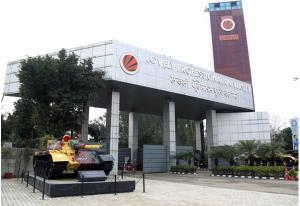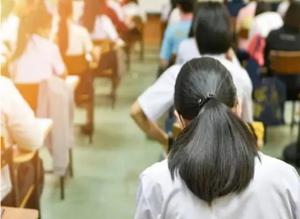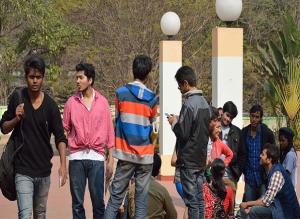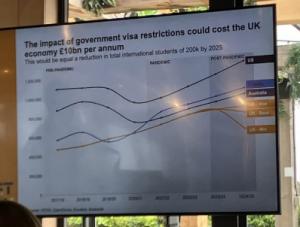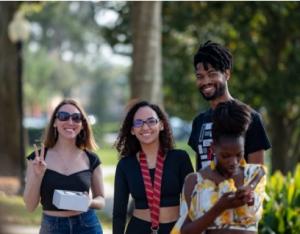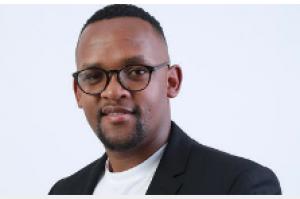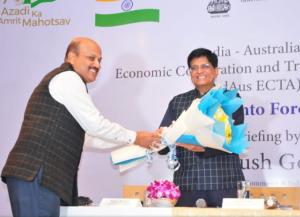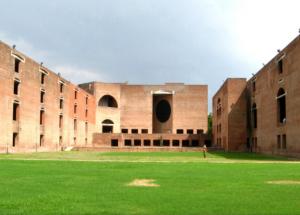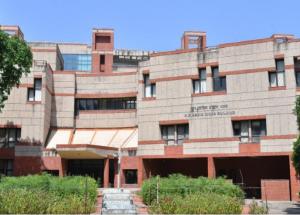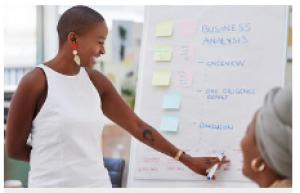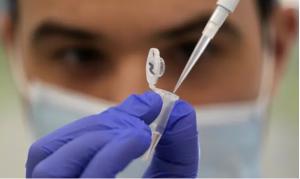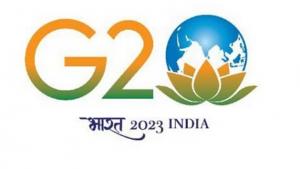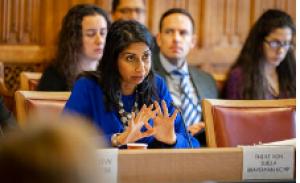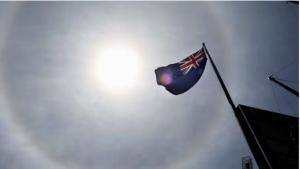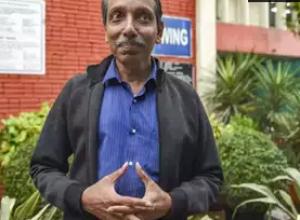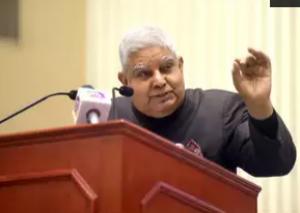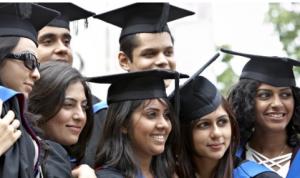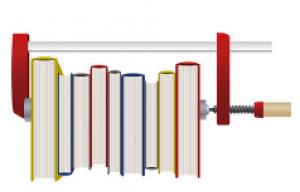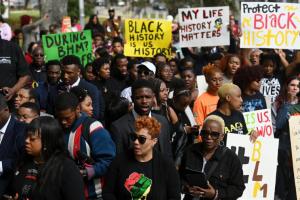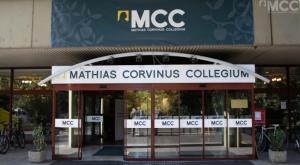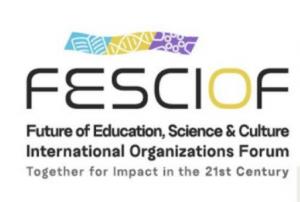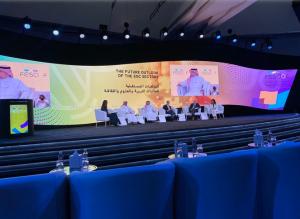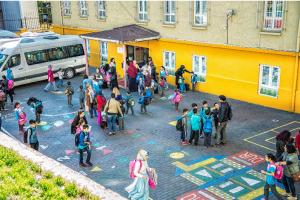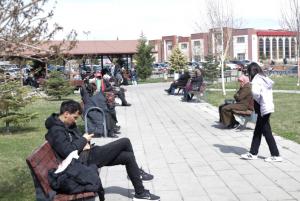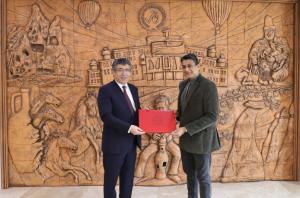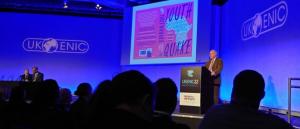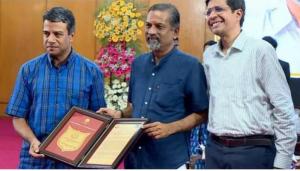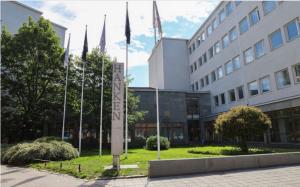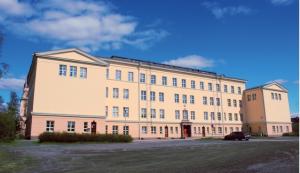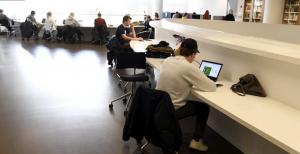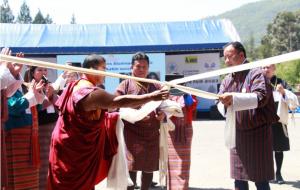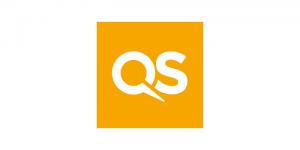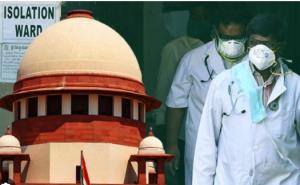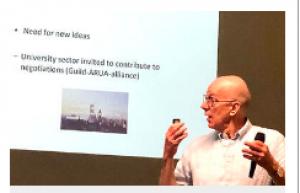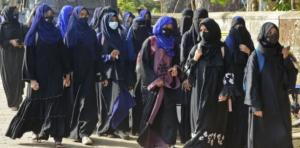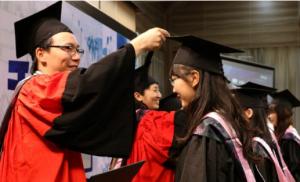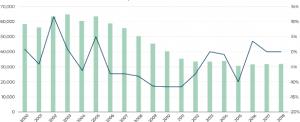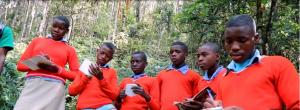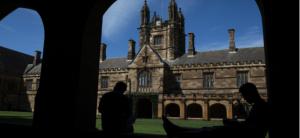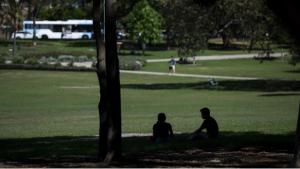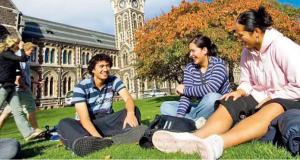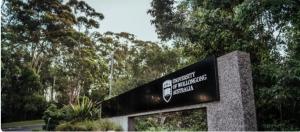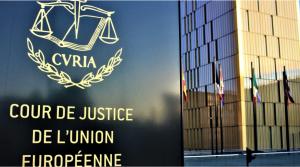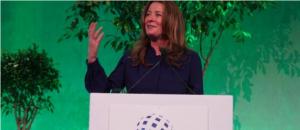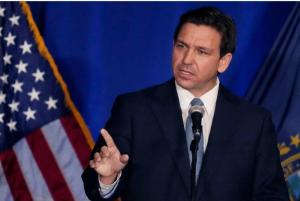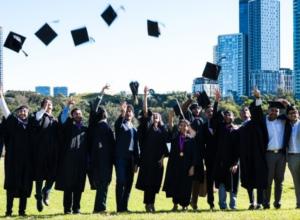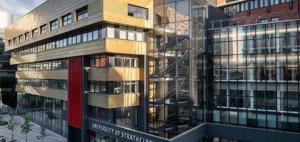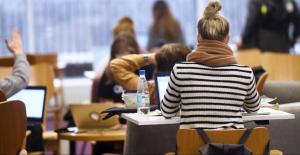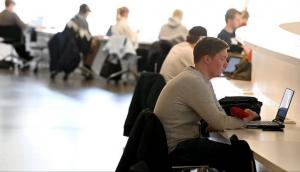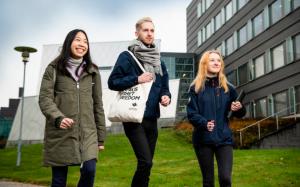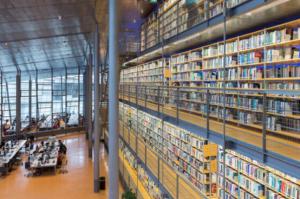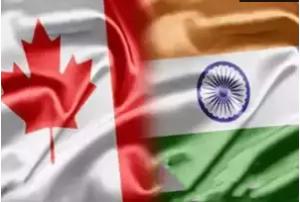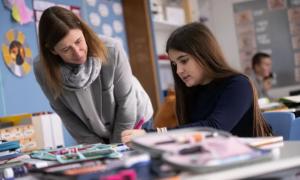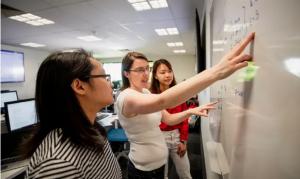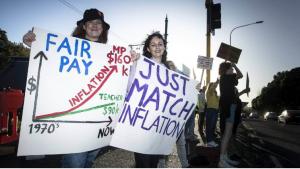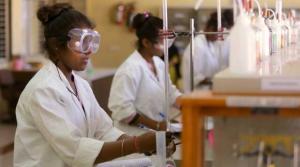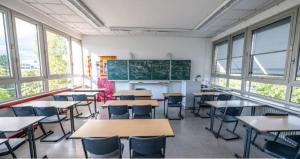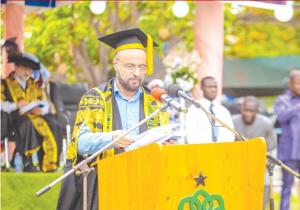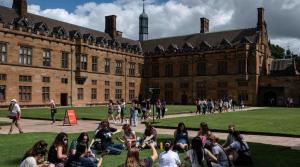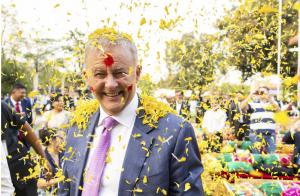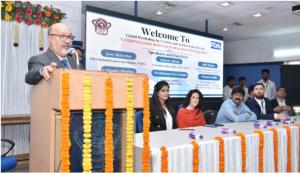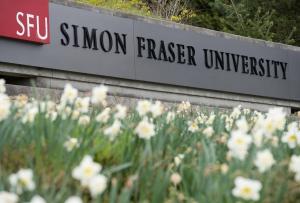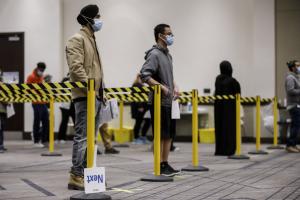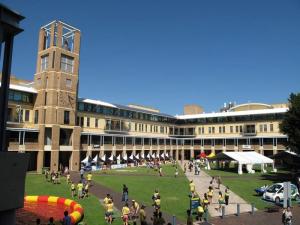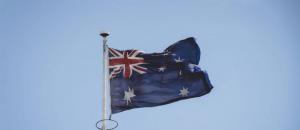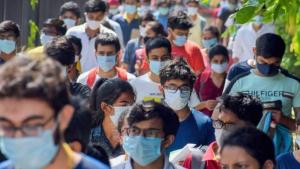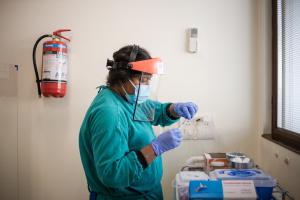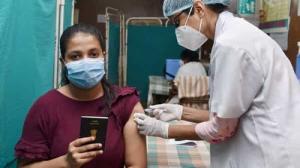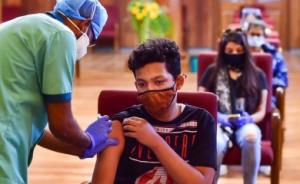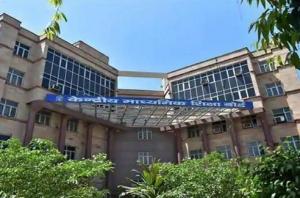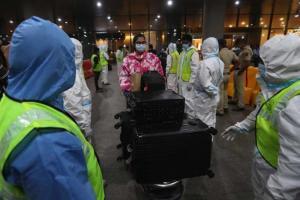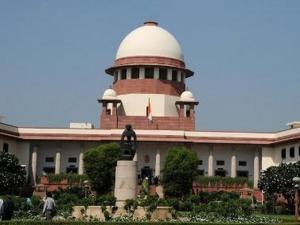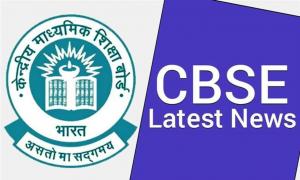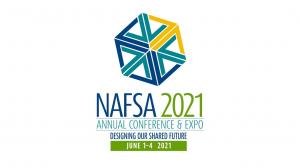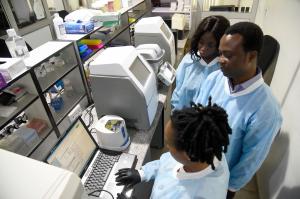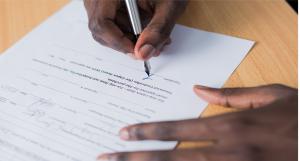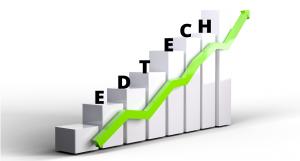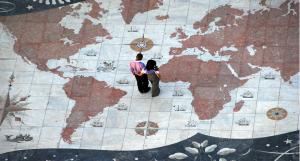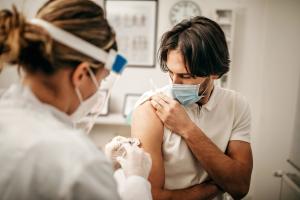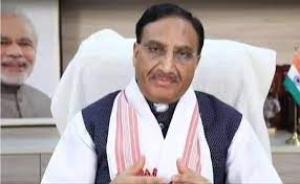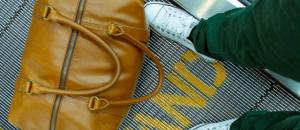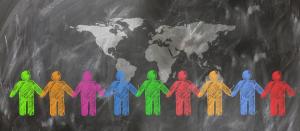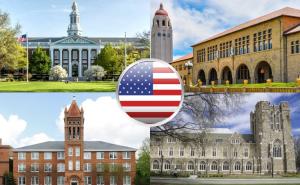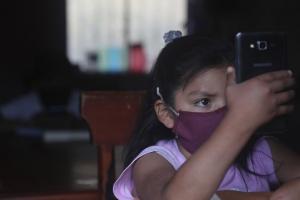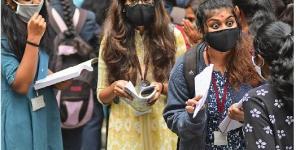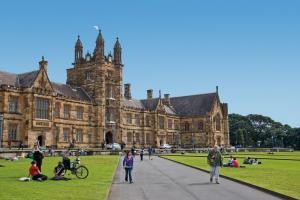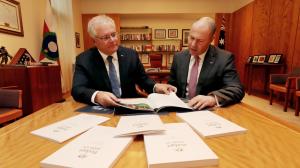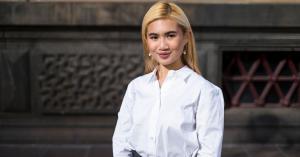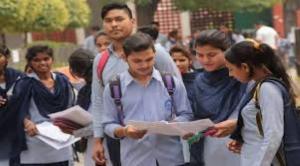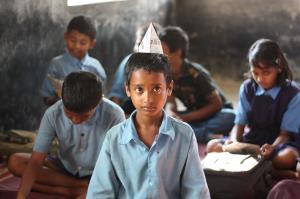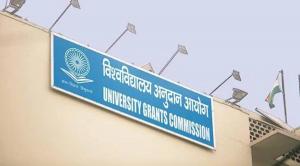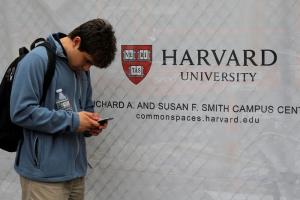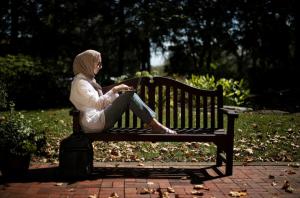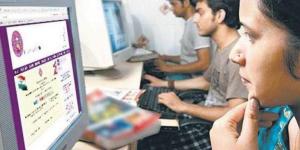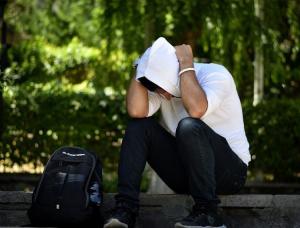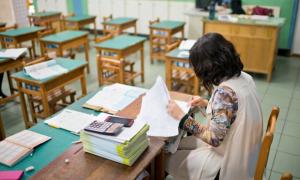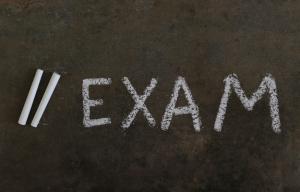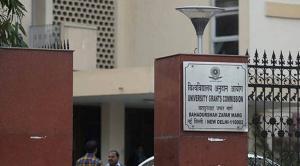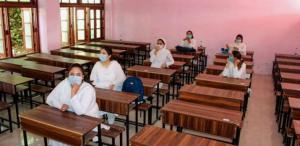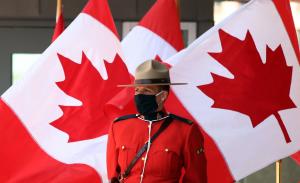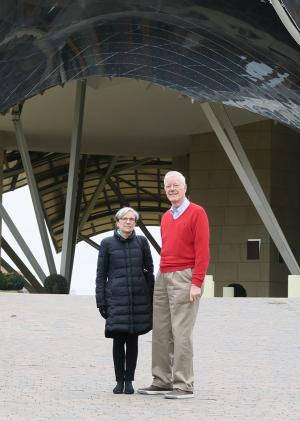Dozens of the world’s most highly cited researchers (HCRs) have changed their primary affiliations to Saudi universities instead of their main employer, despite often being only guest researchers or research fellows at the Saudi institution. This misleading affiliation has boosted the standing of these higher education institutions in university global ranking tables that consider the citation impacts of an institution’s researchers.
This was one of the main findings of a report titled The Affiliation Game of Saudi Arabian Higher Education and Research Institutions and published on 3 May by SIRIS Academic – a European consulting company based in Barcelona, Spain.
The SIRIS report was co-authored by Yoran Beldengrün and Sebastian Stride.
Stride told University World News the report looked exclusively at highly cited researchers from Saudi Arabia with foreign secondary affiliations. He said “the real work” was carried out by journalists such as Manuel Ansede at Spanish newspaper EL PAÍS who uncovered the story behind some of the cases.
According to the SIRIS report, EL PAÍS published an article on 2 April in which it reported that highly cited researcher Rafael Luque, a full-time civil servant of the University of Córdoba in Spain, had been suspended from employment and salary for the next 13 years for the incorrect scientific affiliation of his research output.
“This is, to the best of our knowledge, the first time that such a decision is taken by a university. It is likely to have an important impact not only in Spain but around the world, as universities reconsider the rights and obligations of their academic staff at a time of growing global competition,” the SIRIS report notes in its executive summary.
“The attention drawn by the press around the topic led to further cases being questioned, notably in the Spanish context, where, investigations by EL PAÍS showed that many of the HCRs obtained financial incentives to switch their affiliation to a Saudi Arabian institution, without having to switch employer,” it said.
Key findings
The report presents an analysis of the affiliation practices of HCRs indicating Saudi Arabian institutions as primary affiliations and a foreign institution as a secondary affiliation between 2014 and 2022 by examining the list of HCRs maintained by United Kingdom-based publishing analytics firm Clarivate.
The list includes researchers whose papers rank in the top 1% of most cited papers in Clarivate’s Web of Science database for a given field or year.
The key findings of the study are the following:
• Between 2014 and 2022, the number of researchers on the HCR list who have a primary affiliation in Saudi Arabia increased from 27 to 109. These researchers work in a range of disciplines, and many have secondary affiliations in countries including Spain, China, the UK, Germany and India.
• With 109 HCRs in 2022, Saudi Arabia has a five to 10 times higher share of HCRs among its researchers (0.44%) compared to countries such as Spain, Germany or France, and this is twice as high as Switzerland and the Netherlands, which have some of the highest shares of HCRs among their researchers.
• 75% of Saudi Arabian HCRs in 2022 have a second foreign affiliation; far higher than the United States (2%) and Spain (13%).
• The share of foreign second affiliations depends on the Saudi higher learning institution: it is especially high for King Abdulaziz University (81%) and King Saud University (82%), while it is only half as high for the King Abdullah University of Science and Technology (41%). Most Saudi Arabian universities are not concerned by this phenomenon. Of the 274 HCRs affiliated to Saudi institutions between 2014 and 2022, there were only 64 HCRs who indicated solely Saudi institutions in their affiliations, the report notes.
The presence of a high number of HCRs at some Saudi universities was highlighted in an October 2022 news article that indicated that in the 2017-21 period, 80% of King Abdulaziz University’s publications had at least one international co-author, almost twice the world average of 39.8%.
Pattern of affiliation changes
The SIRIS report found that affiliation changes follow three patterns.
First, a scholar enters the HCR list with one main affiliation, then switches to a Saudi one in later years. This happened for 49% of the analysed cases.
Second, there were affiliation practices with strong fluctuations including the annual switching of affiliation order or having affiliations to various Saudi Arabian universities. This happened for 9% of the analysed cases.
Third, a scholar enters the HCR list from the beginning with a Saudi university as primary affiliation and a foreign institution as secondary affiliation; they never make any switches. This happened for 42% of the analysed cases. “It is not clear if it’s either a fully legitimate case where the main employer is the Saudi Arabian university or a case where the switch was made before the publication of the final HCR list,” the SIRIS report states.
Financial arrangements
According to the SIRIS report, in 2022 44 HCRs who put a Saudi university as their primary affiliation were associated with these universities through a research fellowship, as indicated by Clarivate.
“This rarely occurs since most researchers follow the established tradition of using the secondary affiliation for such appointments and reserve the primary affiliation slot for their main employer,” the report notes.
Specific financial arrangements between institutions and researchers are not detailed in the report, but investigations by EL PAÍS showed that many of the HCRs obtained financial incentives to switch affiliation to a Saudi Arabian institution, without having to switch employer.
According to a 2019 study titled “King Abdulaziz University’s approach to international collaboration”, King Abdulaziz University (KAU) had established joint international cooperation agreements and service contracts to the value of US$120 million with many of the world’s distinguished universities and educational institutions, including the Distinctive Scientists Program, aimed at increasing collaboration between KAU researchers and well-known researchers from all over the globe to boost its global ranking and becoming a world-class university, among others.
Global university rankings
According to ShanghaiRanking’s Academic Ranking of World Universities (ARWU) methodology for 2021, universities are ranked by several academic or research performance indicators, including the number of highly cited researchers selected by Clarivate as a measure of quality of faculty.
Only the primary affiliations of HCRs are considered and represent 20% of an institution’s score for ranking.
Based on that, the report indicated that a single HCR can result in a university gaining more than 100 places, as shown in a 2022 study warning “the media, governments and institutions about the merits and risks of using the Shanghai ranking to evaluate relative institutional performance and its evolution”.
How widespread is the practice?
Asked whether there was data to suggest that other universities in the region are using the affiliation game to improve their ranking, lead author of the SIRIS report, Beldengrün, told University World News: “It’s important to recall that there are many legitimate uses of secondary affiliations. In fact, the data do not suggest any other such systematic ‘gaming’ practices.”
For example, the countries in the Arab Gulf with HCRs between 2014 and 2022 were Qatar (eight HCRs, three of them with a foreign secondary affiliation: in South Africa, Singapore and in Qatar itself); United Arab Emirates (five HCRs, one with a secondary affiliation to King Saud University in Saudi Arabia, one to another institution in the UAE and one to an UK-based institution); Oman (two HCRs, one of them with secondary affiliations in Pakistan and Australia) and Kuwait (one HCR, who didn’t have any secondary affiliation), according to Beldengrün.
“Thus, data doesn’t seem to indicate any strong gaming practices, unlike in the case of Saudi Arabia,” Beldengrün said.
“Many of the Arab Gulf states use other strategies to strengthen their higher education landscape, such as the UAE or Qatar which offer favourable conditions for international universities to open international branch campus in those regions,” he said.
“In our analysis, we just look at the data as it is reflected in Clarivate’s Highly Cited Researchers list, and do not investigate in more depth the exact relationship of the researchers to their affiliated institutions and how the relationship was put in place.”
“This is different in each case, and this is where universities, investigative commissions or journalists may dig deeper,” said Beldengrün.
‘It’s like sports doping’
Scientists have reacted with concern to the practice.
Pere Puigdomènech, research professor at the Centre for Research in Agricultural Genomics in Spain and a member of the European Science Foundation’s Forum on Research Integrity, told University World News: “As in any inappropriate behaviour, this practice of ‘affiliation gaming’ used by Saudi universities may decrease the credibility of scientists that can be seen as looking primarily to their personal economic gain.”
The report’s co-author Stride said: “There is a thin line between gaming and cheating and our feeling is that some scholars and universities have crossed that line, probably often without realising it.”
“We are worried that these cases are the tip of the iceberg and that gaming other indicators (bibliometrics, surveys, etc) is widespread, both at the level of individual scholars and of institutions,” Stride said.
“This is a direct result of increased global competition in the field … It can be compared to the impact that doping has had on sport, but with the major difference that no independent equivalent of the anti-doping agencies exists for bibliometrics.”
Stride said: “Misleading affiliations are comparable to data manipulation, plagiarism or citation cartels.”
“These types of scientific malpractice tarnish the reputation of science as a whole and, therefore, that of the hundreds of thousands of scholars who are devoted to their research,” Stride said.
“Gaming practices and misleading affiliations feed suspicions about the reliability of science, and undermine the remarkable work done by most scientists the world over,” Beldengrün said.
Addressing the issue
Asked how the affiliation game used by Saudi universities could be tackled and prevented, Beldengrün said: “Basically, by the four different players of the game taking a step back and making sure that the quality of higher education and the advancement of science end up as winner.”
These four players include the Saudi universities offering financial incentives for affiliation switches, HCRs participating in the game, data (indicator) and ranking providers, such as Clarivate and ShanghaiRanking, and the entire system, which uses those indicators and rankings to steer decisions, according to Beldengrün.
“We invite Saudi universities offering financial incentives for affiliation switches to rethink their strategy and use the same funds to support research and build collaborations on a long-term, sustainable basis, which will consequently increase their prestige and visibility,” Beldengrün said.
“Using money to do the inverse, increase your prestige and visibility, by gaming university ranking indicators, without increasing your actual quality, is not a sustainable way to do so,” he said.
A 2022 Saudi study titled “Saudi Universities’ Rapid Escalation in Academic Ranking Systems: Implications and challenges”, describes the rise in academic rankings along with higher scientific output in some Saudi universities.
However, it also notes that the role of Saudi universities in industrial collaboration, technology advancement and economic prosperity is low because of their weak performance in entrepreneurship, innovation and research commercialisation.
“Saudi Arabia has, indeed, interesting developments in terms of higher education, and with patience, it may grow into a leading player in the field, but it needs to be built on a solid basis with strong values of integrity,” Beldengrün said.
With reference to HCRs, Beldengrün said: “At the core, there is nothing wrong in accepting funding … if it helps to advance research or strengthen collaborations.
“Indicating an affiliation that is not that of your main employer in a database or a scientific publication is, however, questionable if not downright unacceptable.
“We, thus, invite HCRs to be less naïve about such partnerships and crosscheck if it aligns to the institutional strategy of their own universities and proactively then propose more fitting collaboration models,” Beldengrün said.
Addressing data (indicator) and ranking providers, such as Clarivate and ShanghaiRanking, Beldengrün said: “Knowing about the impact they have, they should make sure that their data indeed reflects the reality on the ground and, if not, take corrective measures.”
To the entire system, which uses those indicators and rankings to steer decisions, Beldengrün said: “Current use of rankings in higher education and research is highly problematic. It tends to unduly conflate scientific quality with visibility, to simplify complex phenomena, underplay the fundamentally collective nature of the scientific process, and conflate very diverse practices for the sake of building ordinal lists.”
Measurement of research quality
“The Coalition for Advancing Research Assessment (CoARA) and other similar initiatives are, therefore, welcome to reassess how to measure research quality,” Beldengrün said. “Correct affiliation practices are one small bit of a general effort to maintain scientific integrity and earn trust in science from both decision-makers and the general public.”
To combat the practice, Puigdomènech suggested that scientists be informed that this practice may be considered a form of misconduct in relation to their professional activity. Another means of addressing it is to ensure that agents such as Clarivate do not use any suspect information in their rankings.
“We must insist that rankings and impact factors have nothing to do with scientific quality. This is a perversion of the need to evaluate scientific activities,” Puigdomènech said.

Source link: https://www.universityworldnews.com/post.php?story=20230517141406377

